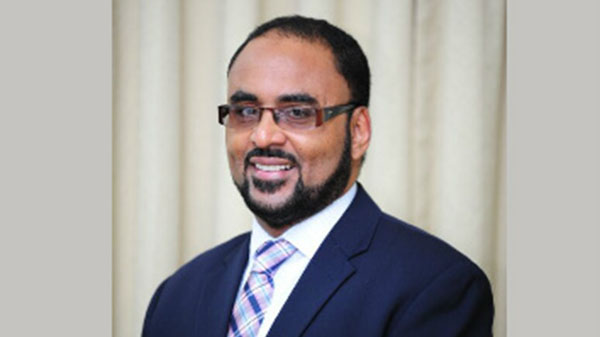GEORGE TOWN, Cayman Islands, September 19, 2017 (CMC) – CCRIF SPC (formerly the Caribbean Catastrophe Risk Insurance Facility) announced, today, that, since its inception in 2007, it has made payouts of a little more than US$100 million to 12 of its 17 member countries – all within 14 days of the event.
The US$100 million mark was reached, following payouts under the excess rainfall policy of three countries – Anguilla, Turks & Caicos Islands and The Bahamas – as a result of rainfall from Hurricane Irma.
Two of these three countries – Anguilla and the Turks & Caicos Islands – also received payouts under their tropical cyclone policies, due to the impacts of Irma.
In a statement, today, CCRIF SPC noted that the 2017 Atlantic Hurricane Season still has two months to go, and the facility has already made payouts totaling US$31.2 million to six countries under their tropical cyclone (TC) and excess rainfall (XSR) policies and under a new feature for tropical cyclone policies known as the Aggregate Deductible Cover (ADC), following the passage of Hurricane Irma.
“The injection of short-term liquidity that CCRIF provides, when a policy is triggered, is not intended to cover all the losses on the ground following a disaster, but is designed to allow governments to reduce their budget volatility and to provide much-needed capital for emergency relief, such as clearing of debris and other clean-up activities, restoring critical infrastructure and, most importantly, providing humanitarian assistance to the affected population, thereby reducing post-disaster resource deficits,” said Isaac Anthony, CEO of CCRIF.
According to CCRIF, for many countries, when a disaster strikes, governments, and especially those of developing countries such as those in the Caribbean and Central America, must divert from their budgets to finance post-disaster expenses, and often must also rely on new loans (even if those are at concessionary rates) and donations from the regional and international community which, oftentimes, come weeks or months after the event.
CCRIF was established, following Hurricane Ivan, in 2004, and the level of devastation wrought throughout the Caribbean.
Following the passage of Ivan, the Caribbean Community (CARICOM) Heads of Government held an emergency meeting to discuss critical issues surrounding the need for the provision of disaster risk financing for its members.
Consequently, CARICOM resolved to take action and approached the World Bank for assistance to design and implement a cost-effective risk transfer program for member governments.
This marked the beginning of what would become CCRIF.
The facility is designed to help countries add to their revenues in the short term, by providing an infusion of cash, to help them fund the initial phase of their disaster response and avoid interruption of their basic business of government.
Each member pays an annual premium, directly related to the amount of risk it transfers to CCRIF, and can purchase coverage up to a limit of approximately US$100 million for each insured hazard (tropical cyclones, earthquakes and excess rainfall events).
Anthony noted that “by pooling the catastrophe risks of our members into a single diversified portfolio, we are able to save our members approximately 50 percent in individual premium payments, compared to if they were to purchase identical coverage individually”.
 Pride News Canada's Leader In African Canadian & Caribbean News, Views & Lifestyle
Pride News Canada's Leader In African Canadian & Caribbean News, Views & Lifestyle





